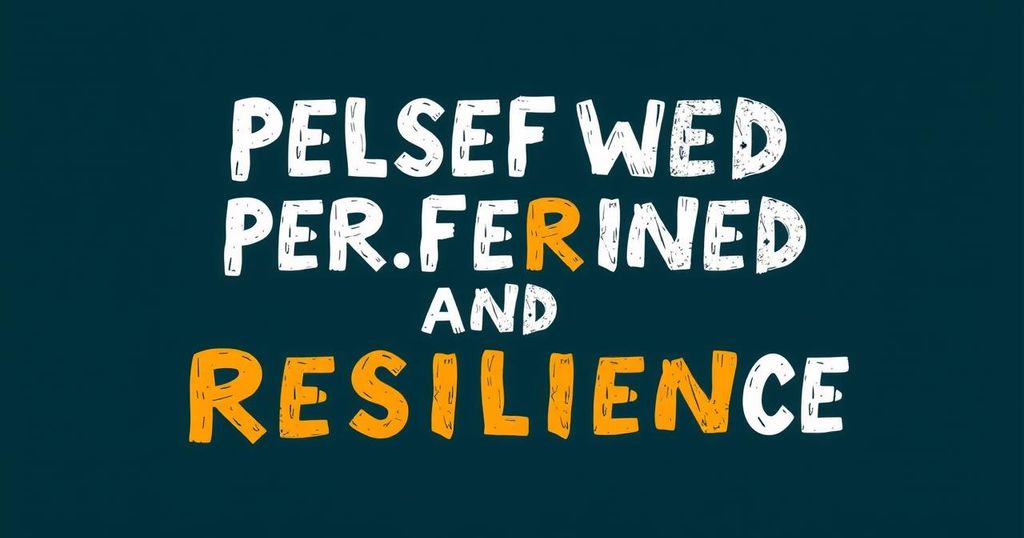The election of Donald Trump threatens to destabilize global climate governance, posing challenges such as withdrawing the U.S. from the Paris Agreement and undermining existing climate regulations. Despite these setbacks, cooperation between China, Europe, and the U.S. through various sectors remains crucial for future climate initiatives, indicating that hope for meaningful progress still exists despite political hurdles.
The election of Donald Trump as the 47th president of the United States casts a concerning shadow over global climate governance, suggesting a retrogressive shift in policy. Trump’s skepticism towards climate change, particularly his intention to withdraw the U.S. from the Paris Agreement, presents a significant challenge. His administration’s previous actions, which included rolling back numerous regulations aimed at combatting climate issues, raised doubts regarding future U.S. commitments. The impending COP29 conference in Baku symbolizes the uncertainty surrounding international cooperation in climate governance, given America’s pivotal role as a major greenhouse gas emitter and fossil fuel producer. Although the Trump administration may threaten progress, it is essential to recognize that climate governance is a collective endeavor, reliant on cooperation across nations. While the U.S. focus will shift under Trump’s leadership, China and Europe are actively developing initiatives to promote global climate governance. Moreover, various U.S. stakeholders, including state governments and private sector leaders, continue to champion climate action, highlighting a bipartisan commitment towards mitigating climate change. In the coming years, maintaining dialogue and collaboration with proactive regions like California and building partnerships between the U.S., China, and Europe remain feasible. Despite the bleak outlook with Trump at the helm, there exists potential for meaningful cooperation and innovative climate strategies focused on emission reduction and adaptation. Thus, global climate governance, while strained, is not devoid of hope for collaborative progress.
Global climate governance has remained a complex and pressing issue, particularly with the election of leaders who have differing views on climate change. Under the previous administration, significant advancements were achieved in reducing emissions, highlighted by ambitious legislation such as the Inflation Reduction Act. However, political shifts can lead to significant regressive steps, reinforcing the need for continuous global cooperation. This article reflects on the current challenges and potential pathways for climate governance in a post-Trump era, exploring the roles of various nations and stakeholders in addressing the climate crisis.
In conclusion, while the election of Donald Trump introduces significant challenges to global climate governance, it is crucial to remember that the fight against climate change requires collective action. The role of the U.S. is essential but not singular in the larger framework of global efforts, with Europe and China emerging as influential players. Enduring partnerships, domestic initiatives, and active involvement of various stakeholders can foster hope for sustainable climate governance despite political changes.
Original Source: www.chinadaily.com.cn







